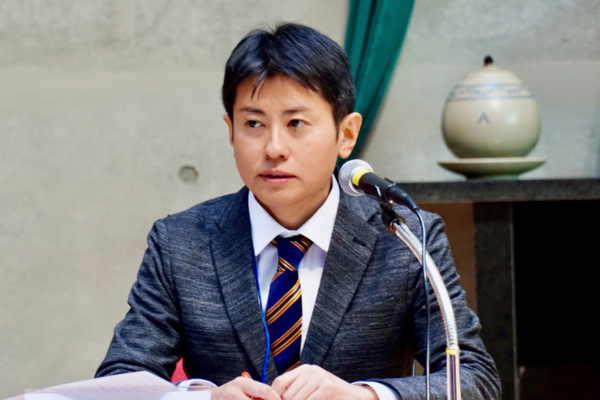Junichi Torigoe | PsyaD, NCPsyA
Graduate, Doctor of Psychoanalysis and Master of Arts in Psychoanalysis
The founder of Modern Psychoanalysis, Dr. Hyman Spotnitz’s first book was translated into Japanese 40 years ago. It was one of the rare texts published in our country which addressed the analytic treatment for schizophrenia and was therefore widely read. Therefore, several modern analytic terms like “joining” are known by Japanese therapists and I’m sometimes referred to as a “Spotnitzian.” Unfortunately, those concepts are not always understood properly.
Every time I present my cases, the audiences are surprised to know how flexible and emotional psychoanalysis can be. They believe that psychoanalysis, including modern psychoanalysis, has to be practiced within a strict setting and that analysts cannot do anything but provide intellectual interpretations. In addition, I find that they do not have a clear understanding emotional communications, although they believe them to be important. They do not know how to make an emotional communication in a safe way.
Knowledge is quite important to survive in the information society. For good or for ill, we can easily access vast amounts of information via the Internet. However, I sometimes think that we have excluded the emotional aspect of the information, as this aspect cannot be searched on the Internet. This undermines the process of knowing. One of the most important things I learned at BGSP was to re-emotionalize intellectualizations which makes knowing more interesting. The modern psychoanalytic community is a rare place where one can learn the process of generating knowledge—not through a search—but through an emotional experience.
In addition to my private practice, I’m working as a professor teaching twelve courses per week. These courses include subjects such as “psychoanalysis” and “ethics in clinical psychology.” In every class, I practice the BGSP approach to education. I have my students sit in a circle in which they discuss the theme of the class based on their experience of it. One of my students said, “Your class is different from others. It’s hard but very interesting.” Another said, “ Your way of teaching is quite new to me. I don’t need any more classes in which I just learn technical terms.” My students study hard in my classes. I found that they are not hungry for knowledge per se, but are seeking something which will excite their curiosity. They had not realized, prior to my class, that emotion can be used as a means to learn something new.
